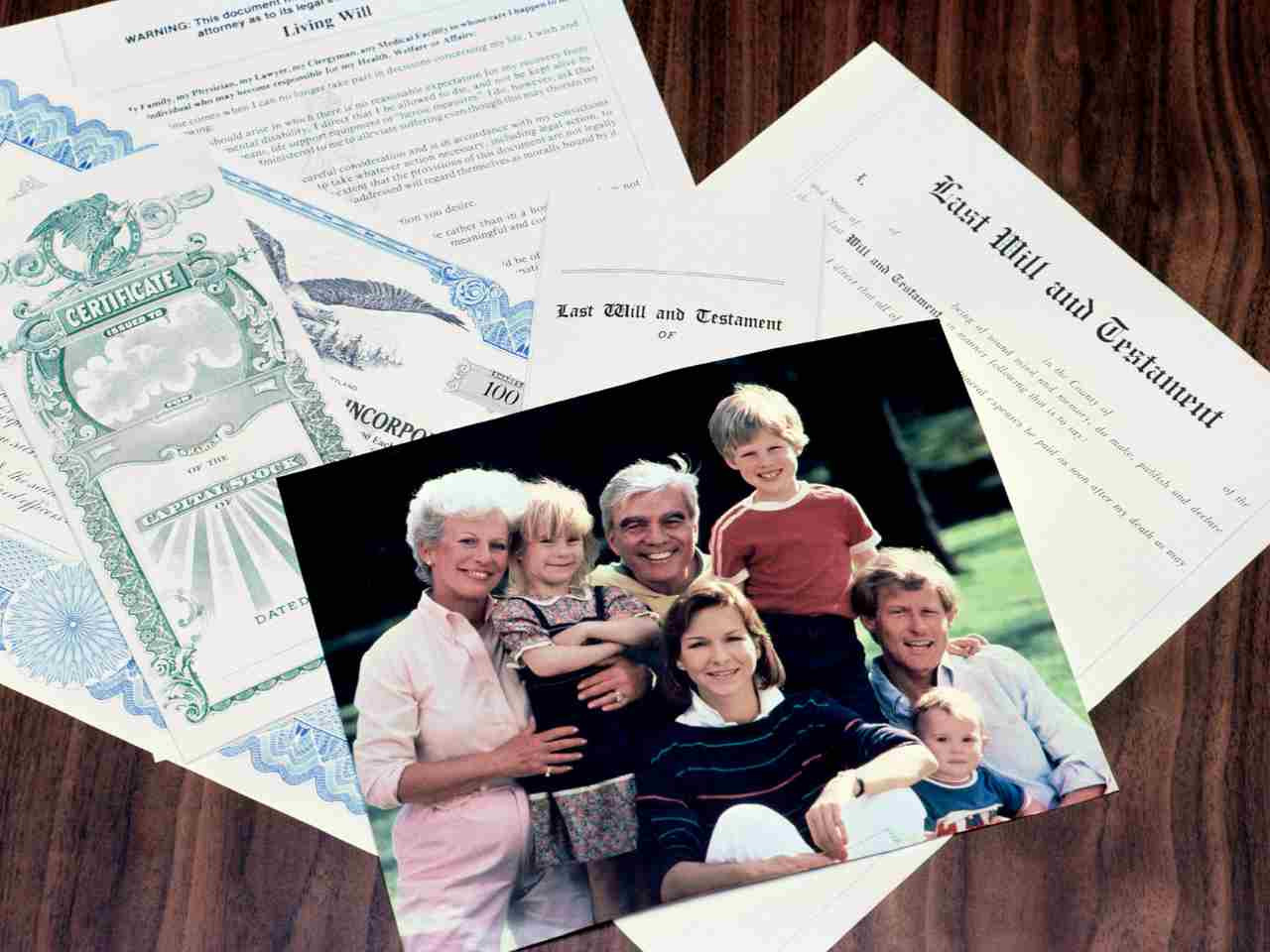J.A.I.K.S. BLOG
Welcome to J.A.I.K.S. Blog, a place where we will provide you with a variety of resources on accounting, taxation and other related subjects suited for both individuals and/or their businesses.
We hope you can find the answers to your questions and/or curiosities, and always know we are here to help if you need more.
Follow us on Facebook or find us on LinkedIn - we are always eager to give you more!
Disclaimer:
The content provided in this blog is for general informational purposes only and is not intended as professional accounting, tax, or financial advice. While efforts are made to ensure the accuracy and timeliness of the content, errors or omissions may occur. The content does not constitute a client-advisor relationship. Readers should consult with a Chartered Professional Accountants or other financial professional for advice tailored to their specific needs. We are not liable for any actions one might take based on the information provided in this blog.
How Can I Minimize Taxes of a Deceased Taxpayer?
Minimizing taxes for a deceased taxpayer's estate in Canada involves careful planning and following specific strategies. The goal is to reduce the tax liability of the estate and maximize the assets passed on to beneficiaries. Here are some steps to consider:
- Probate Planning:
- Probate is the legal process of validating a will and administering the deceased's estate. It can be costly, and fees are often based on the estate's total value. To minimize probate fees, consider structuring the estate to bypass probate where possible. This can be achieved by designating beneficiaries for assets like life insurance policies, registered accounts (e.g., RRSPs or TFSAs), and joint ownership of property.
- Estate Freeze:
- Consider an estate freeze, which involves transferring the growth of certain assets to the next generation. This can help reduce the capital gains tax that would otherwise be payable upon death.
- Use of Trusts:
- Establishing trusts, such as a testamentary trust or an inter vivos (living) trust, can be an effective way to manage and distribute assets while minimizing taxes. Trusts can provide flexibility and control over the timing and distribution of assets.
- Tax Credits and Deductions:
- Ensure you claim all available tax credits and deductions on the deceased's final tax return. This may include the Basic Personal Amount, medical expenses, and charitable donations.
- Capital Gains Exemptions:
- Take advantage of capital gains exemptions, such as the Principal Residence Exemption, which can allow for tax-free gains on the sale of a primary residence. However, rules and limits apply, and professional advice is essential.
- Donate to Charity:
- Consider making charitable donations in the deceased's name, as this can result in tax credits that offset taxes owed by the estate.
- Defer Taxes on RRSPs and RRIFs:
- If the deceased had RRSPs (Registered Retirement Savings Plans) or RRIFs (Registered Retirement Income Funds), there is potential for a significant tax liability. Spouses and financially dependent children or grandchildren can inherit these funds without immediate tax consequences, but others may face tax implications. Consult a financial advisor to understand your options.
- File Multiple Returns:
- Depending on the deceased's financial situation, it may be beneficial to file more than one tax return. The final return covers income and taxes up to the date of death, while another return (a "rights or things return") includes income received after death but still belonging to the deceased. This may help in reducing taxes.
- Professional Guidance:
- Consult with professionals, including lawyers, accountants, and financial advisors, who specialize in estate planning and tax strategies. They can help navigate complex tax laws and create a tailored plan to minimize taxes effectively.
- Consider the Graduated Rate Estate (GRE):
- A GRE is a special type of estate that can qualify for certain tax advantages, including the ability to allocate income to beneficiaries at lower tax rates for a period of time after the deceased's death. Meeting the criteria for a GRE can result in tax savings.
It's important to note that tax laws are subject to change, and estate planning should consider both federal and provincial tax rules, as they may differ. Proper planning in advance of death can help minimize the tax burden on the deceased's estate and maximize the assets available for beneficiaries.
Connect with our office to create a personalized plan based on your specific circumstances.


Comments